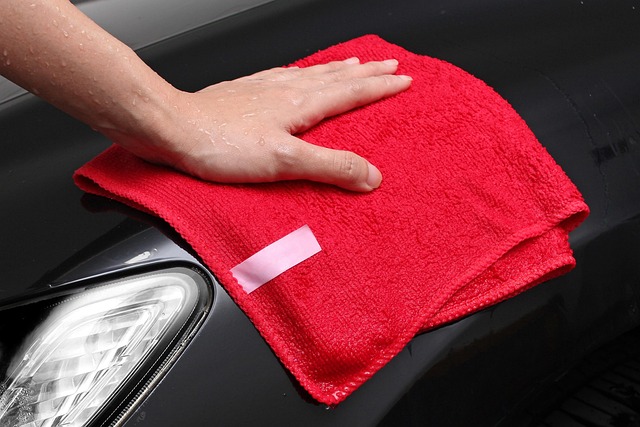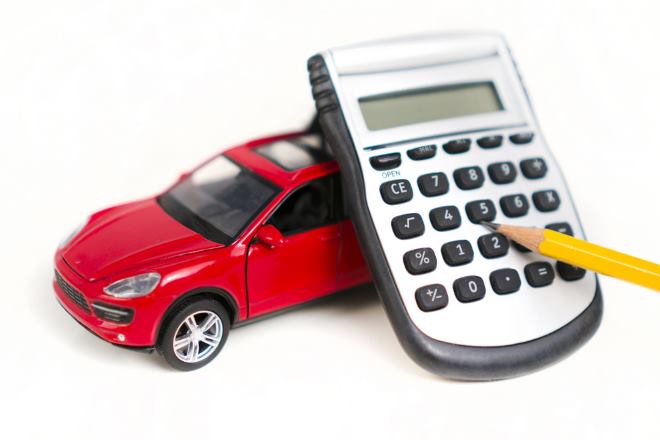Car Coating: The Ultimate Guide to Advanced Paint Protection
Car coating represents the pinnacle of automotive paint protection technology, offering superior durability and shine compared to traditional car wax alternatives. This revolutionary approach to vehicle maintenance provides long-lasting protection against environmental damage while maintaining a brilliant, glossy finish that keeps your car looking showroom-new for years rather than months.

What Is Car Coating and How Does It Work?
Car coating, also known as ceramic coating or nano-coating, creates a semi-permanent protective layer on your vehicle’s paint surface. Unlike traditional auto polish or wax, these coatings chemically bond with the paint at a molecular level, forming a durable barrier that resists water, dirt, UV rays, and chemical contaminants. The coating typically consists of silicon dioxide (SiO2) or titanium dioxide (TiO2) particles suspended in a liquid carrier that hardens once applied.
The application process involves thorough paint preparation, including washing, decontamination, and often paint correction to remove swirl marks and scratches. Once the surface is pristine, the coating is applied in thin, even layers using specialized microfiber cloths or applicators. The curing process can take 24-48 hours, during which the coating forms its protective shell.
Why Choose Car Coating Over Traditional Car Wax Alternative?
The primary advantage of car coating lies in its longevity and performance characteristics. While traditional wax typically lasts 2-3 months, quality car coatings can provide protection for 2-5 years or even longer with proper maintenance. This extended durability makes coating a cost-effective solution despite higher initial investment.
Car coatings offer superior hydrophobic properties, causing water to bead and roll off the surface effortlessly. This self-cleaning effect reduces the frequency of washing and makes maintenance significantly easier. Additionally, coatings provide better resistance to UV damage, oxidation, bird droppings, tree sap, and road salt compared to conventional auto polish products.
The enhanced gloss and depth of shine achieved with car coating often surpasses what’s possible with traditional methods. The coating amplifies the paint’s natural color and creates a mirror-like finish that maintains its appearance throughout its service life.
How Long Does Car Coating Last?
The longevity of car coating depends on several factors, including the product quality, application technique, environmental conditions, and maintenance practices. Entry-level coatings typically last 1-2 years, while premium professional-grade products can provide protection for 3-5 years or more.
Consumer-grade car shine spray coatings generally offer 6-12 months of protection and are ideal for those wanting to experience coating benefits without professional application costs. These products are easier to apply but don’t provide the same durability as professional-grade alternatives.
Environmental factors significantly impact coating lifespan. Vehicles exposed to harsh conditions like coastal salt air, extreme temperatures, or heavy industrial pollution may see reduced coating life. Conversely, garage-kept vehicles in moderate climates can exceed manufacturer durability claims.
Can You Apply Car Coating Yourself?
DIY car coating application is possible, but it requires careful preparation, proper tools, and favorable environmental conditions. Consumer-grade coating products are formulated for easier application compared to professional systems, but they still demand attention to detail for optimal results.
Successful DIY application requires thorough paint preparation, including clay bar treatment and often paint correction. The workspace should be clean, well-lit, and temperature-controlled, ideally between 60-80°F with low humidity. Application should occur in shade, away from direct sunlight and wind.
Professional application offers several advantages, including access to higher-grade products, proper curing equipment, and experienced technique. Professional installers can also perform paint correction and provide warranties on their work, making this option attractive for premium vehicles or those seeking maximum protection.
Unique Car Coating Insights for American Car Owners
American drivers face diverse environmental challenges that make car coating particularly valuable. The extensive use of road salt in northern states during winter months creates harsh conditions that benefit significantly from coating protection. Southern states deal with intense UV exposure and frequent thunderstorms, while coastal areas contend with salt air and humidity.
The popularity of truck and SUV ownership in America creates unique coating opportunities, as these larger vehicles have more surface area to protect and often face off-road conditions. Many American coating installers now specialize in fleet applications for commercial vehicles, recognizing the long-term cost benefits for businesses.
Regional preferences vary significantly across the United States. West Coast consumers often prioritize UV protection and gloss enhancement, while East Coast clients focus on winter protection and easy maintenance. Midwest customers typically seek all-weather protection that handles both summer heat and winter salt exposure.
Car Coating Cost Comparison and Service Providers
Professional car coating services vary significantly in price based on vehicle size, coating type, and additional services included. Understanding these costs helps make informed decisions about protection investments.
| Service Level | Provider Type | Cost Range | Duration | Key Features |
|---|---|---|---|---|
| Basic Ceramic Coating | Local Detail Shops | $300-$800 | 1-2 years | Single layer, basic prep |
| Premium Coating | Specialized Installers | $800-$1,500 | 3-5 years | Multi-layer, paint correction |
| Professional Grade | Certified Dealers | $1,200-$3,000 | 5+ years | Warranty, full paint correction |
| DIY Coating Kits | Retail/Online | $50-$300 | 6-18 months | Consumer-grade products |
Professional services typically include paint decontamination, clay bar treatment, and often single-stage paint correction. Premium packages may include multi-stage paint correction, which can add $500-$1,000 to the total cost but delivers superior results on older or damaged paint.
Major national chains like Ceramic Pro, gtechniq, and IGL Coatings offer standardized pricing and warranties through certified installers. Local detail shops often provide competitive pricing but may use different product lines with varying warranty terms.
Prices, rates, or cost estimates mentioned in this article are based on the latest available information but may change over time. Independent research is advised before making financial decisions.
Conclusion
Car coating represents a significant advancement in automotive paint protection, offering superior durability, enhanced appearance, and reduced maintenance compared to traditional alternatives. While the initial investment exceeds conventional wax or polish products, the long-term benefits and protection value make coating an attractive option for vehicle owners seeking premium care. Whether choosing professional application or DIY approaches, proper preparation and realistic expectations ensure satisfactory results that keep vehicles looking exceptional for years to come.




